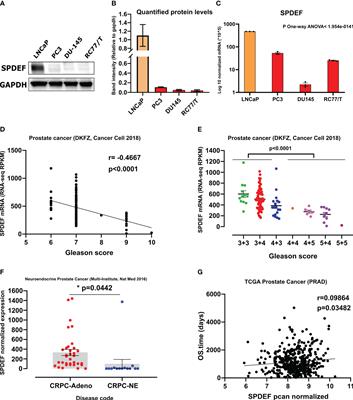ORIGINAL RESEARCH
Published on 11 Oct 2023
Regulation of SPDEF expression by DNA methylation in advanced prostate cancer

doi 10.3389/fendo.2023.1156120
- 2,929 views
- 1 citation
10k
Total downloads
31k
Total views and downloads
You will be redirected to our submission process.
ORIGINAL RESEARCH
Published on 11 Oct 2023

REVIEW
Published on 05 Apr 2023

SYSTEMATIC REVIEW
Published on 11 Nov 2022

REVIEW
Published on 03 Oct 2022

REVIEW
Published on 14 Jul 2022

ORIGINAL RESEARCH
Published on 10 Mar 2022

